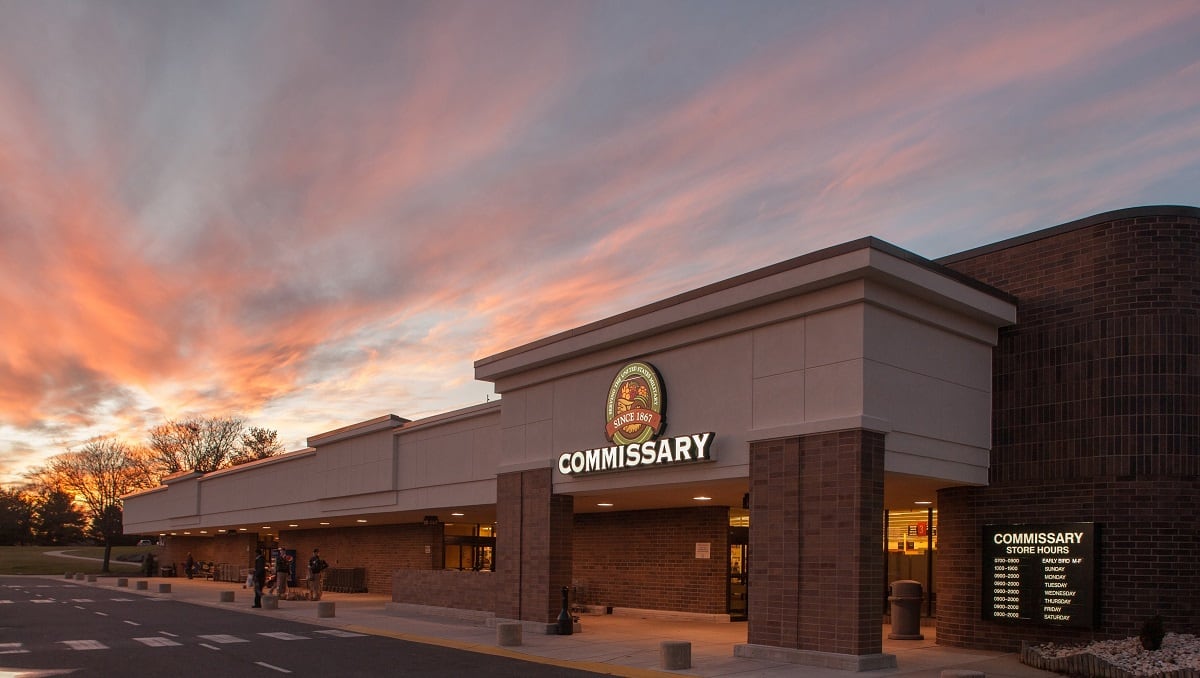The number of sexual assault cases and suicides in the Army are on the rise, and the service’s new top leaders say they are looking at how to change culture at the squad level to address it.
The rise in sexual assault is focused in the 17- to 24-year-old demographic, meaning soldiers who are relatively new to the Army. Suicides among active-duty soldiers also rose about 20 percent late last year.
“The statistics are going the wrong way,” acting Secretary of the Army Ryan McCarthy said Tuesday at an event in Washington, D.C. “Clearly we have to do something different. The suicide, sexual assaults, the numbers are on the rise."
The issue was also raised by the new Army Chief of Staff Gen. James McConville, who has repeatedly stated that people are going to be his number one priority as he begins his role as chief.
“What Gen. McConville and I and other folks talk about a lot, is just focus on really the squad — the cohesion of men and women to your left and right,” McCarthy said. “Are we good teammates. Are we communicating with each other. Are we doing the simple things.”
"And that’s the type of approach we’re going to take going forward because it’s got to get better.”
Last month, McConville attended the fifth annual SHARP Program Improvement Forum, where advocates, program managers and experts discussed ways to change the Army’s approach to the problem.
“Sexual assault and sexual harassment are a deliberate fratricide [against another soldier],” McConville said at the event, according to an Army news release. "That’s how I want people to think about it.”
The forum took place a few months after the Pentagon released its annual report on sexual assault in the military.
Sexual assault prevalence in the Army rose for women from 4.4 percent in 2016 to 5.8 percent in 2018. For men, the rate rose from 0.6 percent to 0.7 percent.
While reporting rates have quadrupled over the past decade, the Pentagon stated that the 2018 reporting rate was roughly on par with the 2016 rate.
The SHARP forum took place about a month after McConville’s confirmation hearing, during which he was grilled by Sen. Kirsten Gillibrand, D-N.Y., a longtime critic of the military’s handling of sexual assault.
“What angers me the most, General, is that for the last 25 years, every secretary of defense has told this body, told the American public, ‘We have zero tolerance for sexual assault,'” she said. "I am tired of the statement I get over and over from the chain of command: ‘We got this, Ma’am. We got this.' You don’t have it. You’re failing us. The trajectories of every measurable are going in the wrong direction.”
Gillibrand said during the hearing that experts have noted a strong link between the health of a command climate and the incidence of sexual harassment with the likelihood that a sexual assault will occur.
The numbers say one in five women serving in an unhealthy command climate will be assaulted, Gillibrand said, and that 24 percent of women serving in the Army report toxicity in their chains of command. For men, it’s 6 percent.
Survivors of assault are mostly concentrated at E-3 level.
Kyle Rempfer was an editor and reporter who has covered combat operations, criminal cases, foreign military assistance and training accidents. Before entering journalism, Kyle served in U.S. Air Force Special Tactics and deployed in 2014 to Paktika Province, Afghanistan, and Baghdad, Iraq.





